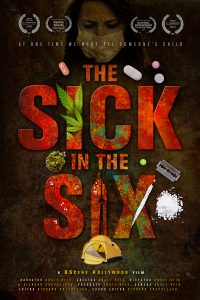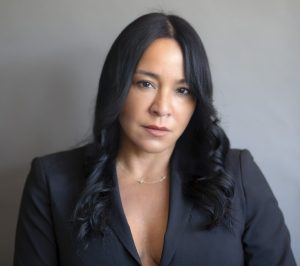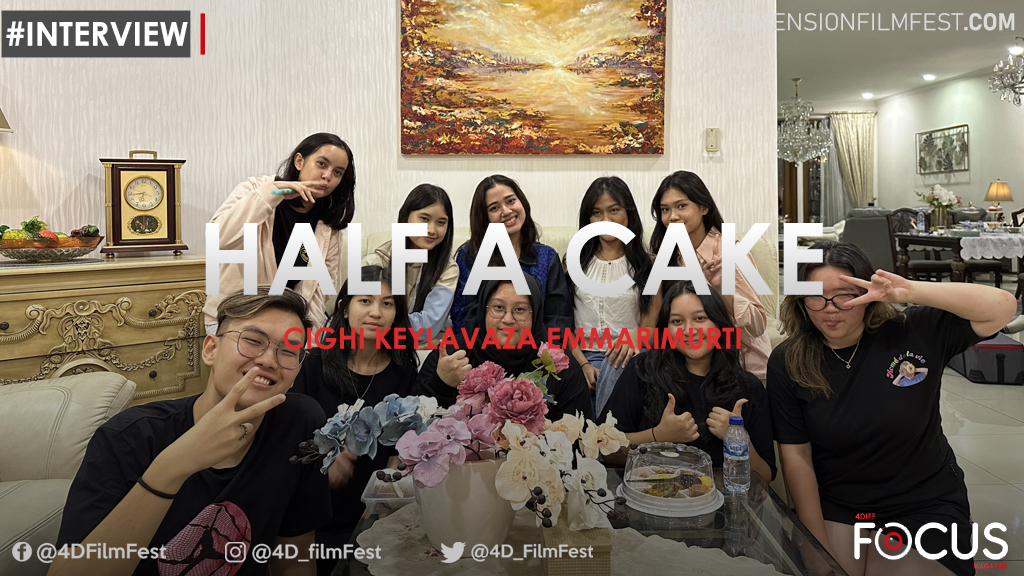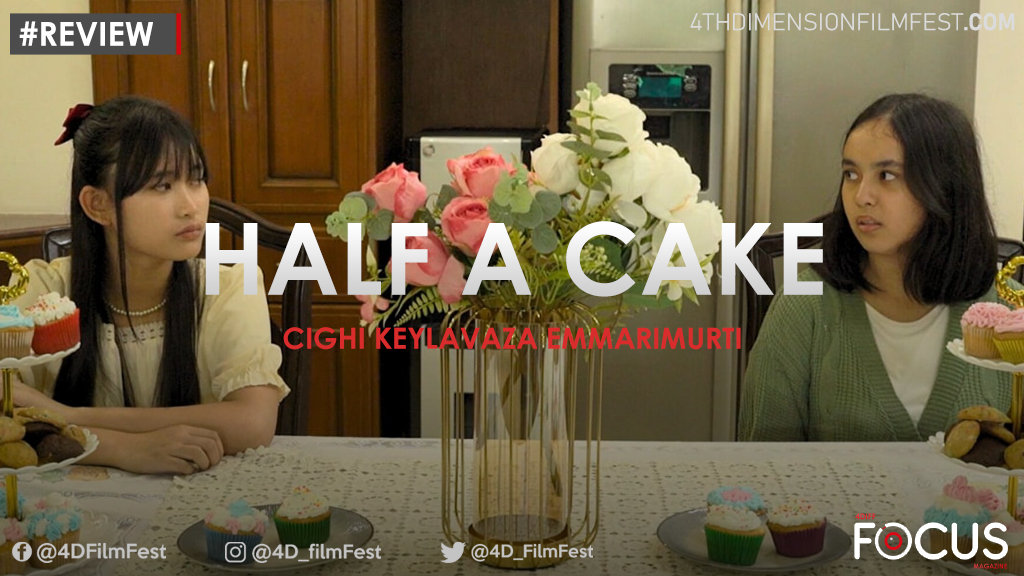Angie, welcome to Focus! It is great to have you here!
Angie, would you like to share why you decided to create a film on these issues?
I have been a long-time advocate for the plight of the disenfranchised, particularly the homeless the mentally ill, and the drug addicted. Having suffered from panic disorder and experiencing friends and family who battle with substance abuse, it is very personal to me.
Why did you choose to be a documentary filmmaker?
Documentaries offer a close and personal way of expressing the subjects day to day struggles and their environment. Lastly, I am able to get a first-hand account of their lives.
It sometimes gets really tough to depict the event as they are, and it is such a great duty for a documentary filmmaker. How do you manage everything?
My approach is very impromptu and I put my subjects at ease by relating my personal experiences and offering a non-judgmental environment for my subjects.

What did you learn while making the documentary?
I learned that while I suffer my own trials and tribulations their are others who’s burdens are far greater.
Trauma has a greater contribution in our lives than what we think. How do you think it shapes our way of being?
Trauma has the ability to destroy the human soul and also has the ability to make us stronger when coupled with a strong support system.
The film begins with one of your lines. Would you like to elaborate on that for us?
At one time we were all someone’s child. I’ve often wondered how an individual ends up in the dilemma they currently face. What were the steps that led them to the dysfunctional situation they find themselves in.
Angie, as a filmmaker, what goals do you have?
To bring awareness to topics that allow the greater society to recognize that those who they consider a plight in society are their relatives, friends, and human beings.
The Sick in the Six allows us to delve deeper into people who have suffered and are suffering still. Which incident appealed to you the most?
The woman whos boyfriend beat her for not providing money for drugs. I often wonder where she is today. I felt a deep connection with her.
As there have been many rehabilitation centres working on the issues, would you like to share how you feel these issues can be addressed more widely?
Better access to affordable housing, drug rehabilitation center that is funded by the government, and better understanding by the general public of mental health and addiction.
How do you feel these issues can be addressed more widely?
Better access to affordable housing, better access and government funding for drug rehabilitation centers, and an overall better understanding by the general public of mental health and addictions. More research needs to be done in the hope that we discover better treatments and possible cures.
Angie, thank you for your time. Would you like to tell us what are you planning next?
I am currently working on part 2 of The Sick In The Six and am in pre-development as a producer of a feature film titled Stinky was written by Richard Chevolleau. The film follows a drug-addicted homeless man who’s family sets out to bring him home.





